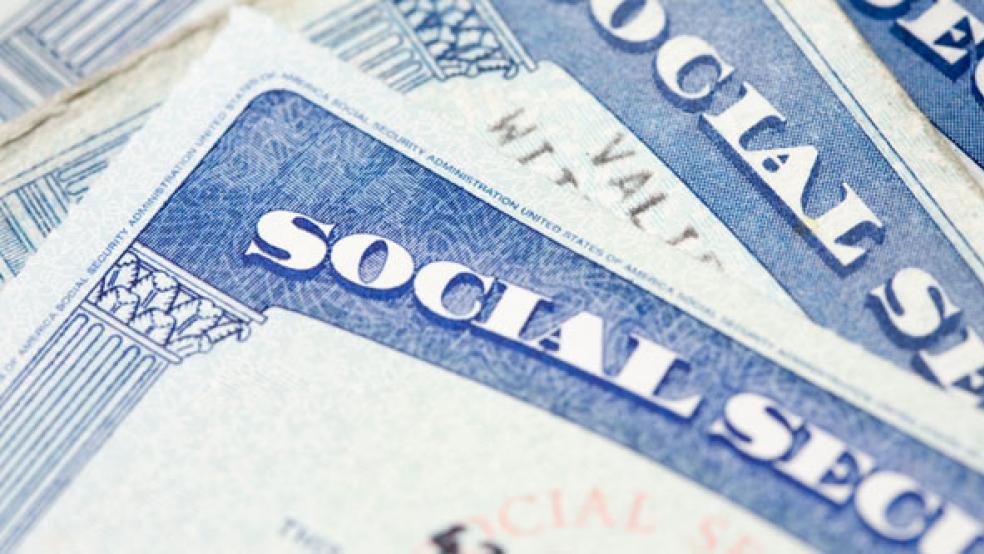Conventional wisdom dispensed by financial planners about taking Social Security largely boils down to this: Wait as long as you can. That’s because delaying means a bigger monthly payment.
For example, someone born in 1955 earning $50,000 can expect a monthly benefit of $1,087 if he retires early at 62. That goes up by 41 percent to $1,532 if he waits until full retirement age — in this case, 66 years and two months. If he delays until 70, the benefit increases to $2,091, or almost double his benefit at 62.
It seems like a no-brainer, but many Americans don’t do this. Forty-eight percent of women and 42 percent of men who claimed benefits in 2013 did so at 62, which is the most popular age to start getting Social Security.
Part of the reason is that, in some circumstances, waiting simply doesn’t make sense, “The decision on when to start Social Security depends on factors such as how long you expect to live, cash flow needs and marital status,” says Daniel Galli, a certified financial planner in Norwell, Massachusetts. “We have advised some clients to start at 62 and encouraged others to wait until 70.”
Related: This Year’s Social Security Cost of Living Hike Buys a Starbucks Frappuccino
Here’s when getting benefits early is the best claiming strategy:
Sickness. About one in five people over 50 have already claimed benefits because of health problems, according to a Nationwide Retirement Institute survey this year.
“(One) reason people take benefits early is because they have a short life expectancy,” due to a chronic condition or terminal illness, says Alexander Koury, a certified financial planner with the Householder Group in Scottsdale, Arizona. “The cost of waiting may mean they would never get their fair share.”
This is not necessarily true if you have a spouse who will depend on your benefit after you die. Your spouse’s survivors benefit amount is based on the Social Security benefit amount, so your spouse will get a reduced benefit if you claim Social Security early.
Need. Claiming Social Security benefits early becomes necessary if you simply need more income, either due to unemployment, a job change or an unexpected or unavoidable increase in expenses.
Related: How Children Got Lost in the Debate Over Social Security Reform
A study last year of retirees from the TransAmerica Center for Retirement Studies found that two-thirds of workers retired earlier than expected for employment-related reasons, including job loss and organizational changes.
This was a real problem during the Great Recession. People claiming Social Security reached an all-time high in 2009 and remained elevated in 2010 as unemployment jumped.
“Better to take Social Security than taking the equivalent amount from their own retirement investment accounts,” says Satoru Asato, a certified financial planner with Raymond James in Bloomington, Minnesota.
No need. Another reason why a retiree may take Social Security early is because he has more than enough assets, says Koury, and therefore has enough that there’s no real need to wait for a larger payment. But most people near retirement don’t fall into this category because their savings fall far short.
Related: How Social Security Lifts People Out of Poverty, State by State
Roll of the dice. John C. Neyland, president of JCN Financial & Tax Planning Group, recommends taking Social Security early more often than most other planners. That’s because of how long it will take to recoup the difference in the early benefit and either the payment at full retirement age or the maximum benefit.
“If life expectancy is 78 and you wait until 70 before taking Social Security, you have to live to somewhere between 78 and 82 for it to make sense,” says Neyland. “At best you break even at 78, but the entire time you exacerbated your risk because you took money out of savings.”





